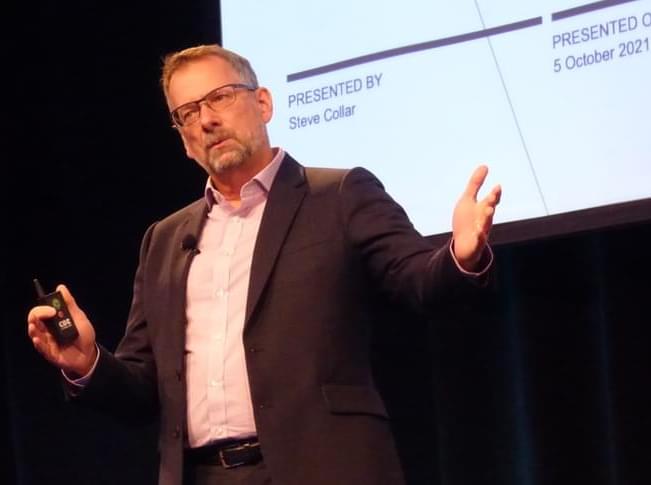What is the most pressing issue in AI ethics at the moment? Here is what our group of experts had to say.
This blog summarizes a recent Zoom call with scholars, professionals and clergy on AI ethics and human dignity.

Human Factors, Ethical Artificial Intelligence, And Healthy Aging — Dr. Arathi Sethumadhavan, PhD, Head of User Research, AI, Ethics & Society, Microsoft Cloud+AI.
Dr. Arathi Sethumadhavan, Ph.D. is Head of User Research for AI, Ethics & Society, at Microsoft’s Cloud+AI organization, where she works at the intersection of user research, ethics, and product experience.
In her current role, Dr. Sethumadhavan is focused on the Microsoft AI ethical principles (privacy and consent, fairness, inclusion, accountability, and transparency) as it relates to various Microsoft AI experiences.
Dr. Sethumadhavan is a seasoned research leader, with two decades of experience studying human-technology interaction, and during the course of her career, she has led user research for several novel and complex applications (e.g., Microsoft’s custom neural voice, facial recognition), as well as at Medtronic, where she provided human factors leadership to multiple products in the Cardiac Rhythm and Heart Failure portfolio, including the world’s smallest pacemaker. She has also spent several years investigating the implications of automation on air traffic controller performance and situation awareness.
Dr. Sethumadhavan is also a Fellow at the World Economic Forum, where she is working on unlocking opportunities for positive impact with AI to address the needs of the aging population.


The CEO of SES says consolidation of the satellite industry is more likely than ever to improve its overall return on investment.
MOUNTAIN VIEW, Calif. — The chief executive of satellite operator SES says consolidation of the satellite industry is more likely than ever to improve its overall return on investment, but that the structure of the industry might hinder such deals.
Speaking at the Satellite Innovation conference here Oct. 5 Steve Collar addressed growing perceptions that the industry is ready for a wave of deals like the unsolicited proposal by telecom magnate Patrick Drahi last week to acquire Eutelsat for $3.2 billion. While Eutelsat rejected the deal, it appeared to leave the door open for a revised, higher offer.
While not addressing that specific deal or others, Collar said he thought some kind of industry consolidation was possible. “I think it’s more likely than it’s ever been,” he said. “But, it’s been likely in the past and hasn’t happened.”

The goal of tackling global warming by turning carbon dioxide into fuel could be one step closer with researchers using a supercomputer to identify a group of “single-atom” catalysts that could play a key role.
Researchers from QUT’s Centre for Materials Science, led by Associate Professor Liangzhi Kou, were part of an international study that used theoretical modelling to identify six metals (nickel, niobium, palladium, rhenium, rhodium, zirconium) that were found to be effective in a reaction that can convert carbon dioxide into sustainable and clean energy sources.
The study published in Nature Communications involved QUT researchers Professor Aijun Du, Professor Yuantong Gu and Dr. Lin Ju.

Microscopic tardigrades have thrived on Earth for more than 500 million years, and may well outlive humans, but the tiny creatures don’t leave behind many fossils.
Hiding in plain sight, the third-ever tardigrade fossil on record has been found suspended within a piece of 16-million-year-old Dominican amber.
The find includes a newly named species, Paradoryphoribius chronocaribbeus, as a relative of the modern living family of tardigrades known as Isohypsibioidea. It’s the first tardigrade fossil from the Cenozoic, our current geological era that began 66 million years ago.




Russian President Vladimir Putin has put Big Tech giant Facebook on notice following the massive crash on Monday, warning them that he is going to set the Internet free from their authoritarian grip.
Speaking on behalf of Putin, Russian Foreign Ministry Spokeswoman Maria Zakharova said that the fault the massive Internet shutdown earlier this week highlights the dangers of giving a ‘liberal’ authoritarian California-based company control over the world’s Internet. He said Russia is preparing to make the internet sovereign again.